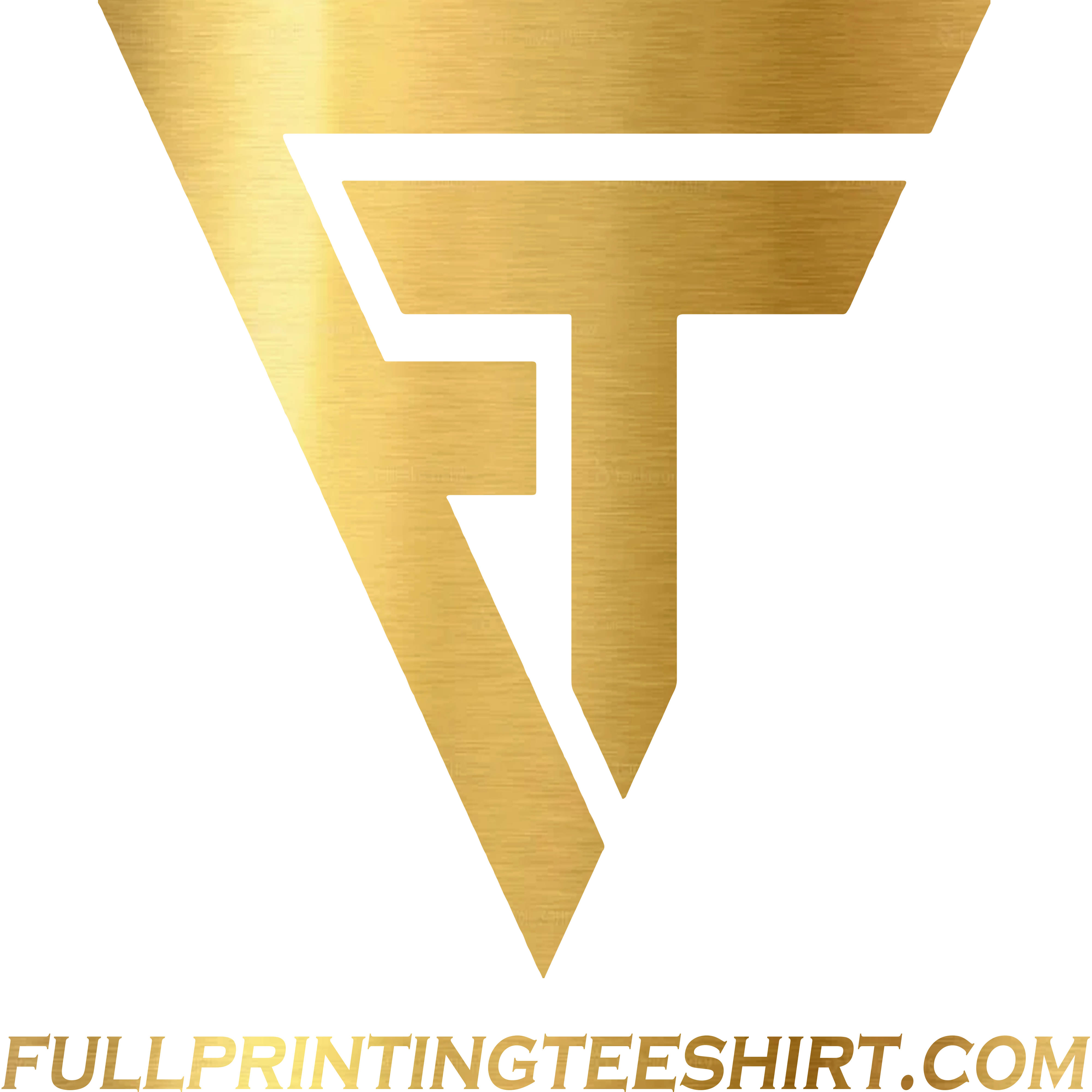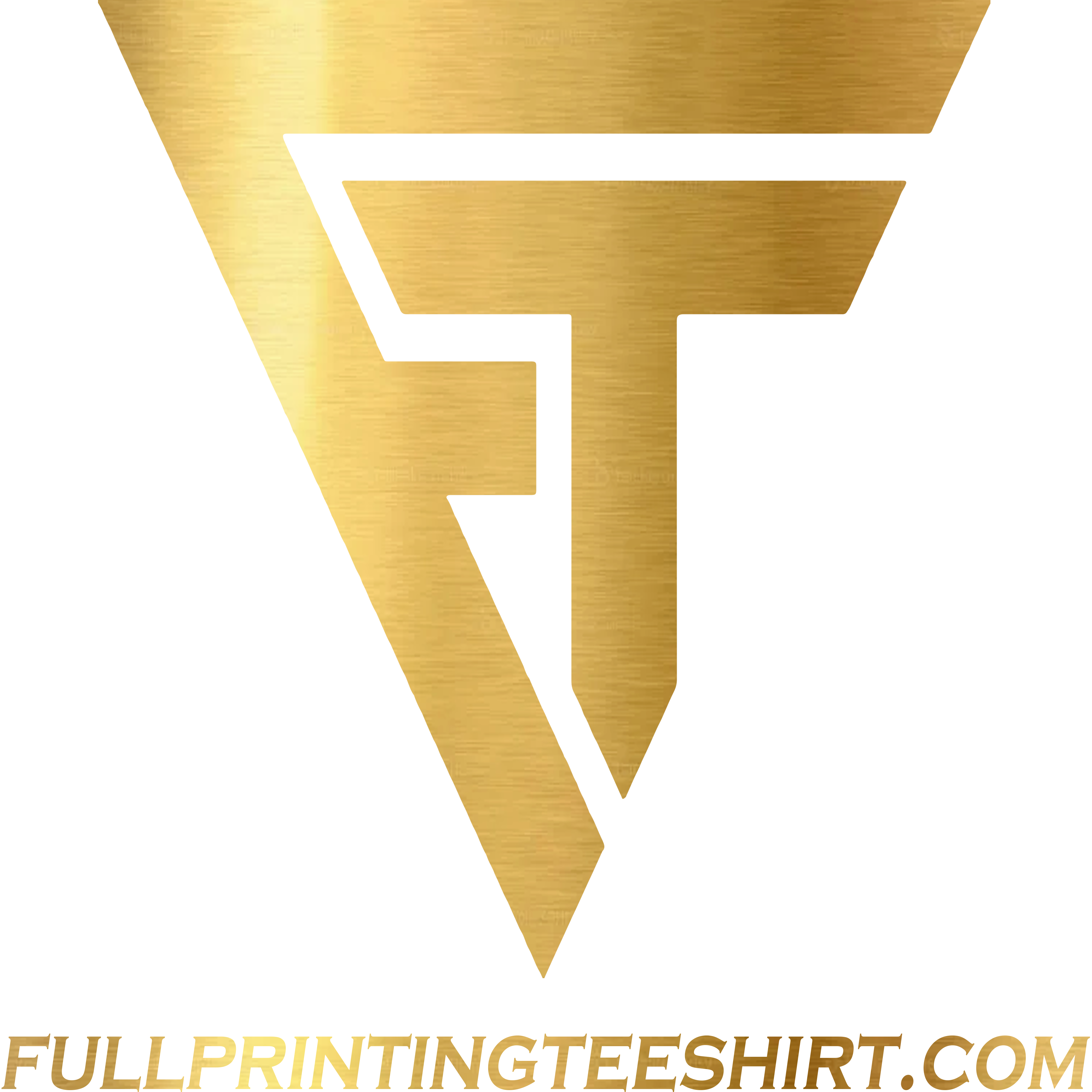Style
5 spending habits that prove you belong to the group of henrys – the group that makes a lot of money but is still not rich
Perhaps you don’t know, Vietnamese people’s financial management skills are much lower than those of China, Korea, and other countries in Southeast Asia (According to a study by the ADB Institute called “Fintech and Financial Literacy” in Vietnam”). Have you ever been in a situation where the month is not over but your wallet is empty? If you belong to the high-income group but still fall into that “financial distress” situation, chances are you are one of the HENRYs.
5 spending habits that prove you belong to the group of henrys – the group that makes a lot of money but is still not rich
According to the Washington Post, HENRYs is an acronym for High Earners, Not Rich Yet. This term is used to describe people who have a high income, usually between $250,000 and $500,000, but don’t save or invest enough to be considered wealthy. Most of HENRY’s income is used for consumer spending, education, and housing expenses.
Similarly, the high-income group in Vietnam can still be short before and after because they have to pay many unnamed bills, plus they don’t know how to manage their finances or spend smartly. Comparing the level of financial literacy among Vietnamese age groups on a 7-point scale, the group of people aged 30-60 was only 4.38 while the group of people under 30 was 4.83.
According to the Bureau of Labor Statistics (BLS), in 2021, the typical household spent $3,030 a year eating out. This not-so-small number will make you startle. However, there are still many objections that cooking at home is fundamentally more expensive than eating out. However, according to the Washington Post, the average price of a meal out can be just enough or even excess if you pay for a meal at home.
Of course, cutting back on eating out is unnecessary and…. cannot. Because this is still a way for you to maintain social relationships and some people even see this as a personal reward for the effort. However, plan to eat out of restaurants, toad bars, restaurants, etc.
In fact, you’ll likely continue to eat out, but make it a goal this year to significantly reduce the amount you spend eating out. Just think of what you could do with that money – build an emergency fund, pay off debt, or increase your retirement savings.
Do not underestimate the harmful effects of junk food, especially when it directly affects your health and your wallet. Accordingly, poor dietary choices have increased obesity rates. Adults are at high risk for many serious health problems such as heart disease, stroke, and Type 2 diabetes. And the consequences of this: Health declines and money in your wallet goes flying because you have to. spending on medical expenses. So, improve your diet by cutting down on junk food intake.
The secret to financial management is very simple. You need to follow these steps closely: 1) Measure how much you spend each month (Expenses for necessities and social needs), 2) Build an emergency fund, and 3) Build a savings fund. As a rule, don’t spend more than 10% of what you earn, and always make sure your emergency fund is kept to a minimum (the level that you feel safe in, no matter what happens).
According to the Washington Post, 40% of a person’s spending decisions are down to habit. “Passing the supermarket shelf, they grabbed a chocolate bar. When the salary comes back, they relax to go shopping and press order. These small actions or insignificant items can have a bad effect on your wallet, if it becomes a habit and repeats every month, ”Washington Post wrote.
The solution is, always know what your acceptable monthly spending is. Do you already have an emergency and savings fund? And the items that you “conveniently” buy, how will it affect your financial health if you keep repeating it?
Perhaps you are too familiar with the saying: It is better to spend on experiences than on material things. That’s not wrong. There are many studies that prove that spending on experiences will bring more happiness and satisfaction than spending on utilities or assets such as houses, cars, clothes, etc.
However, in terms of financial health, spending on experiences or material things will make you “struggle” if you do not use them wisely. Whether investing in a trip or a piece of jewelry, always ask: Can you afford it without draining you at the end of the month?
You can click on the images below to own our products
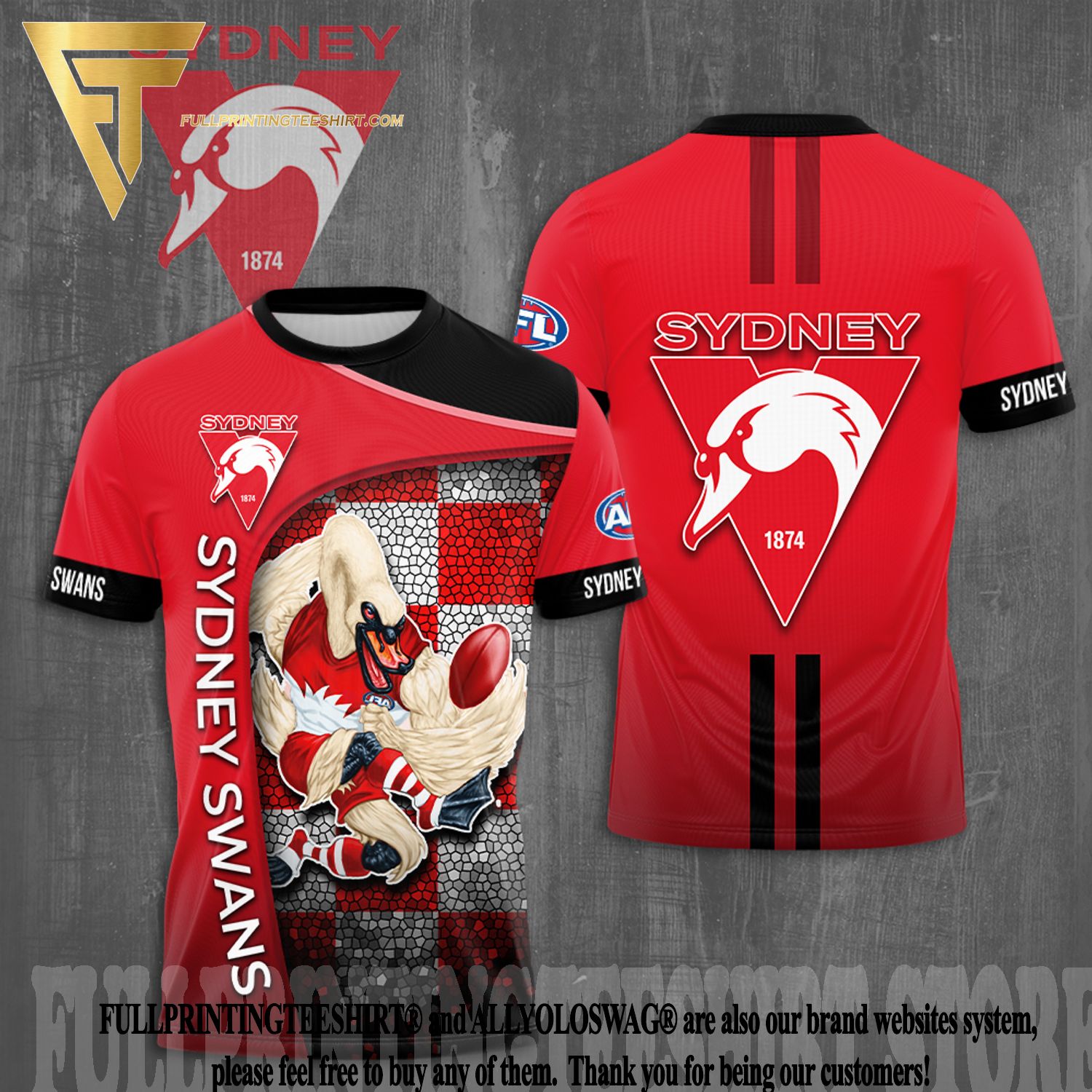
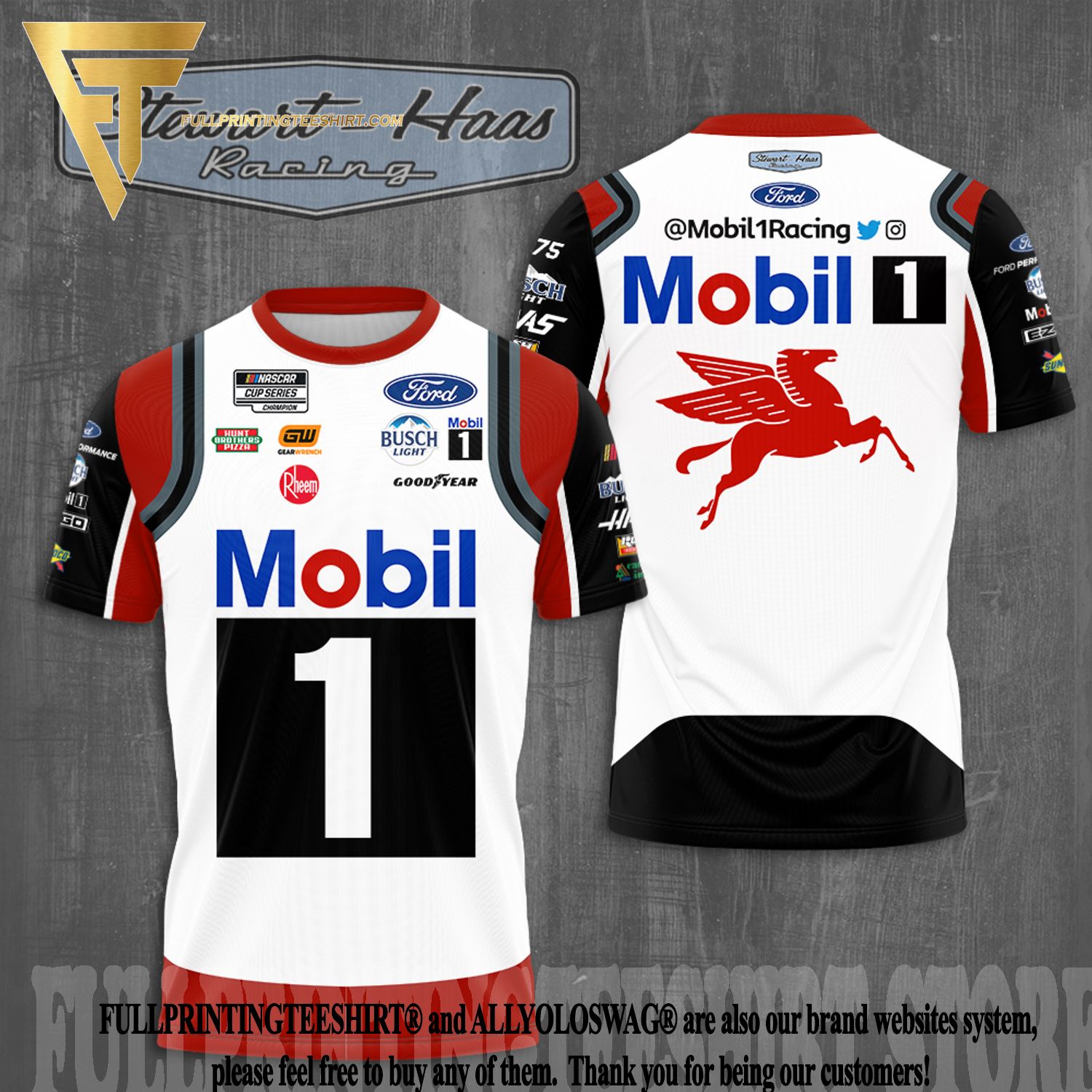












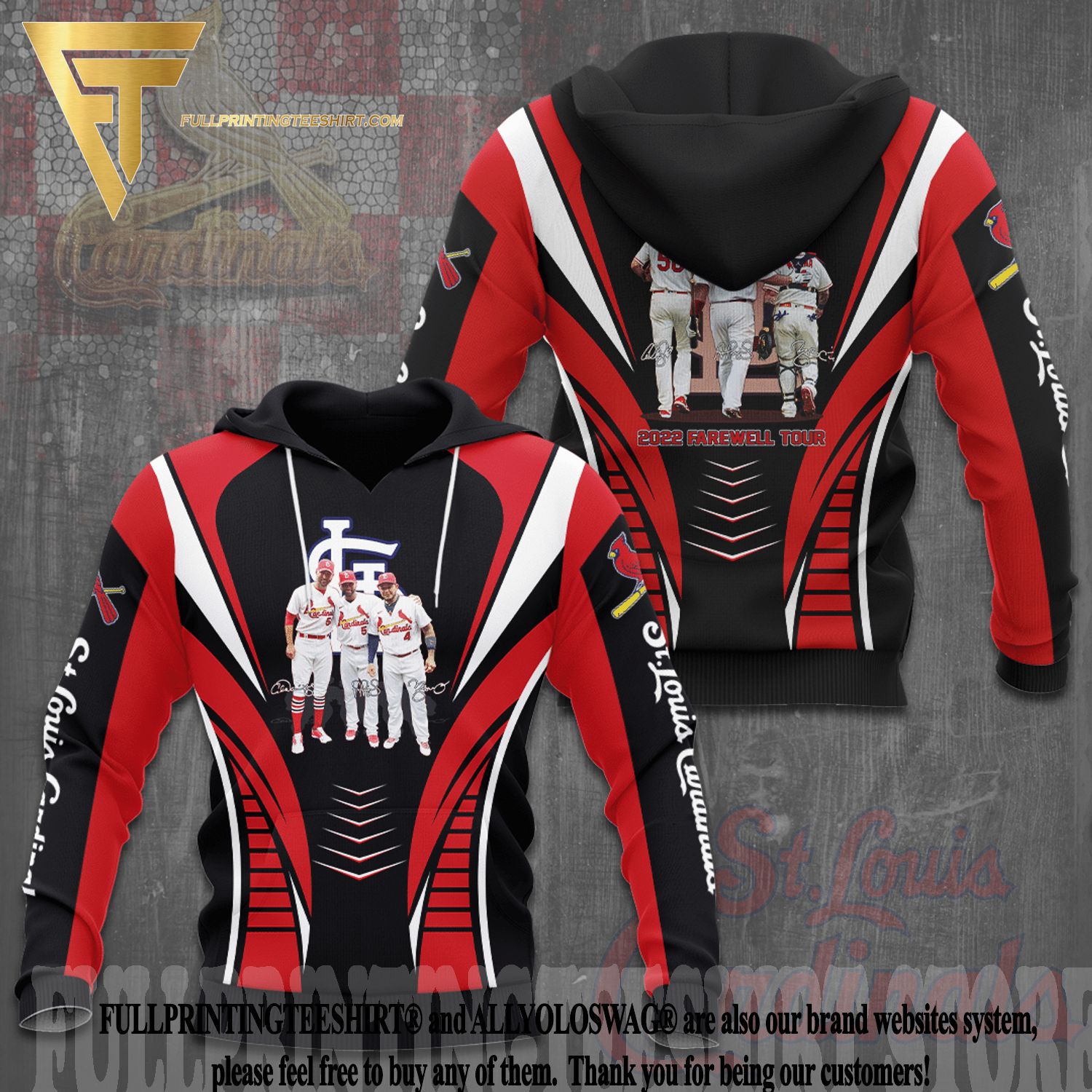











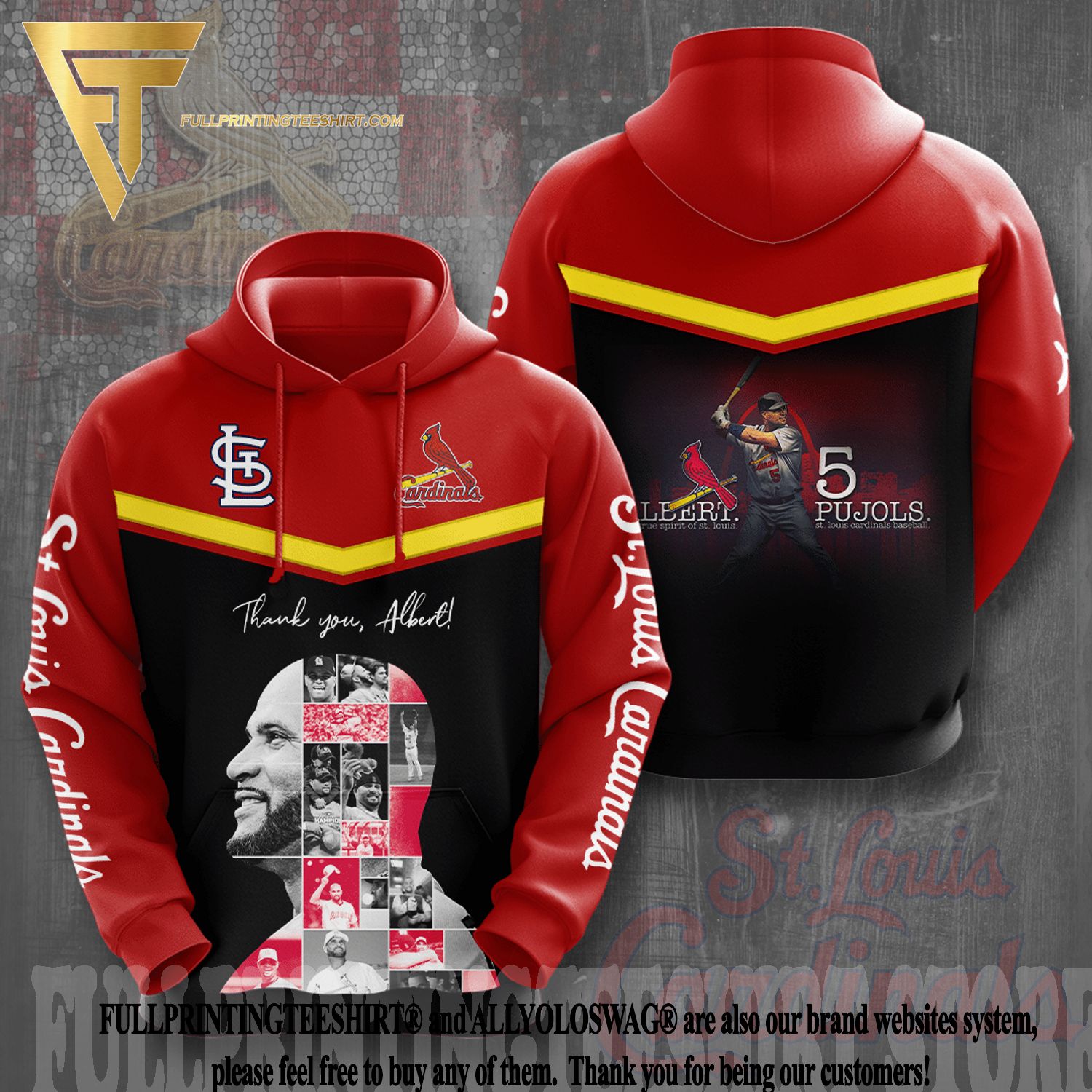












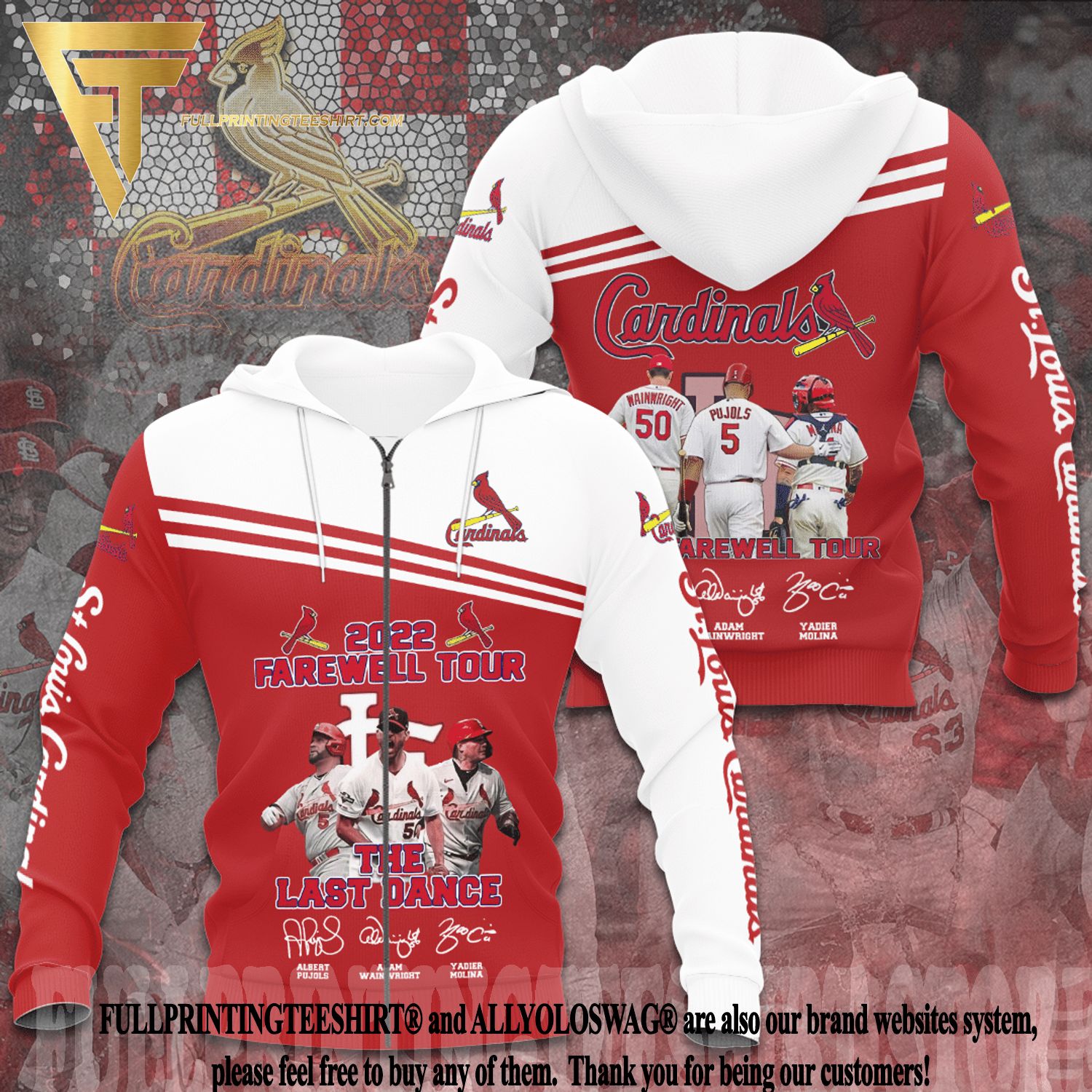





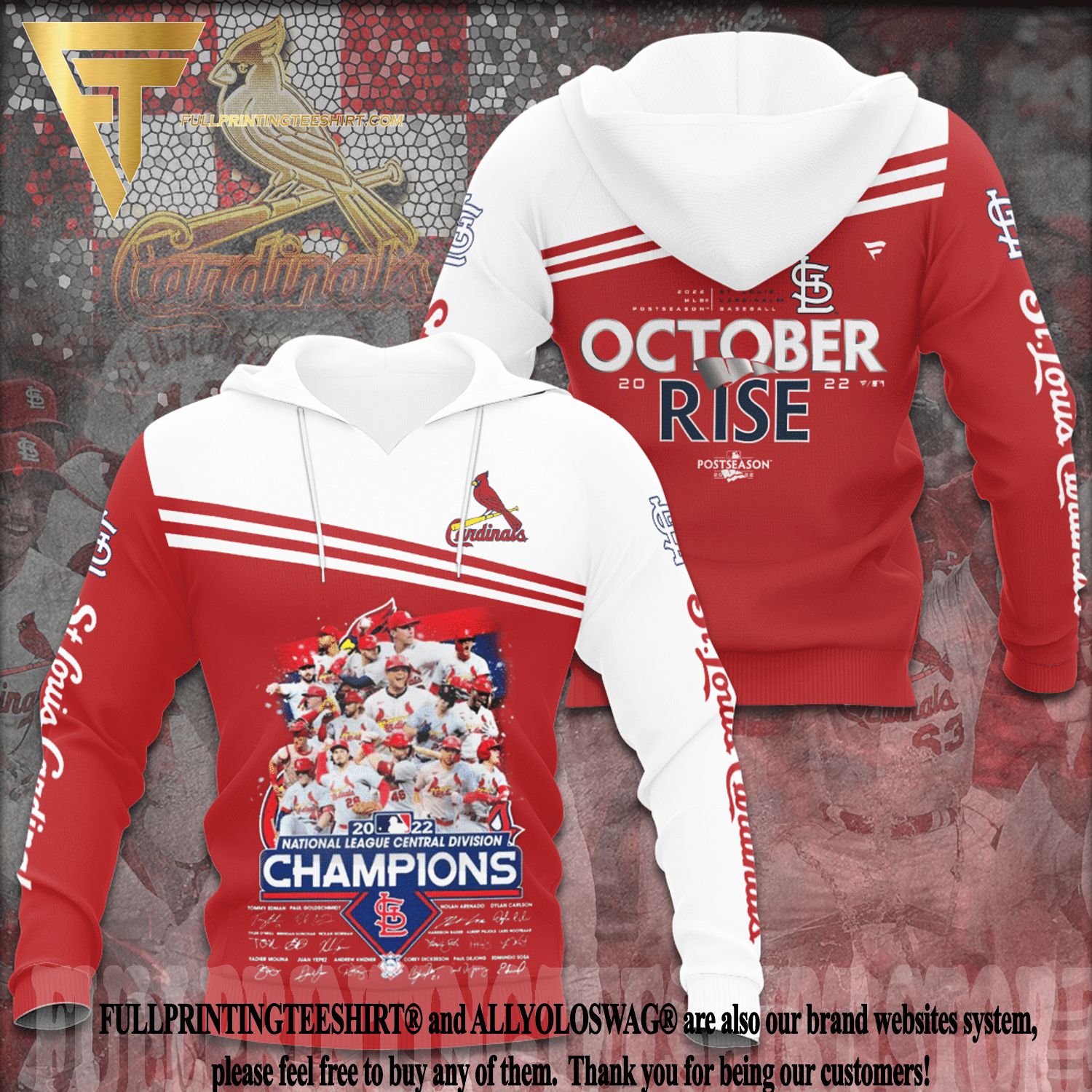




Homepage: http://fullprintingteeshirt.com/
